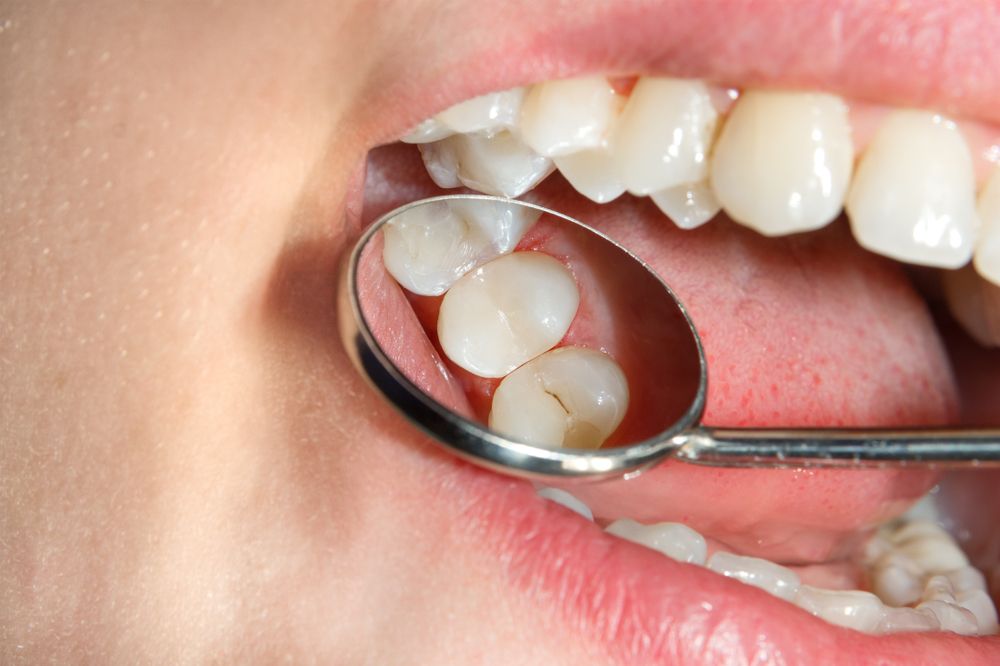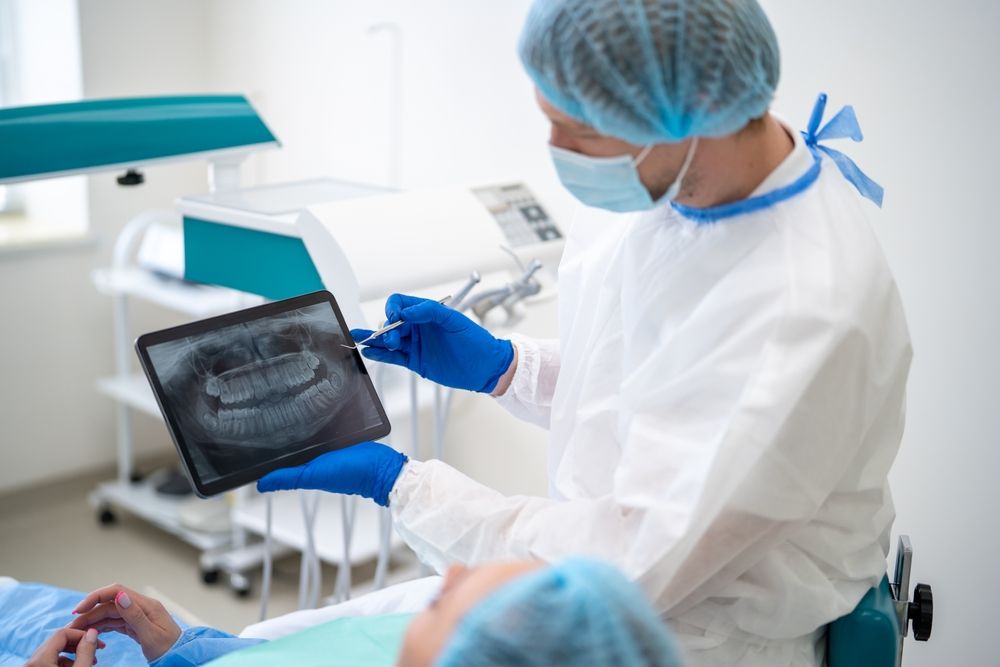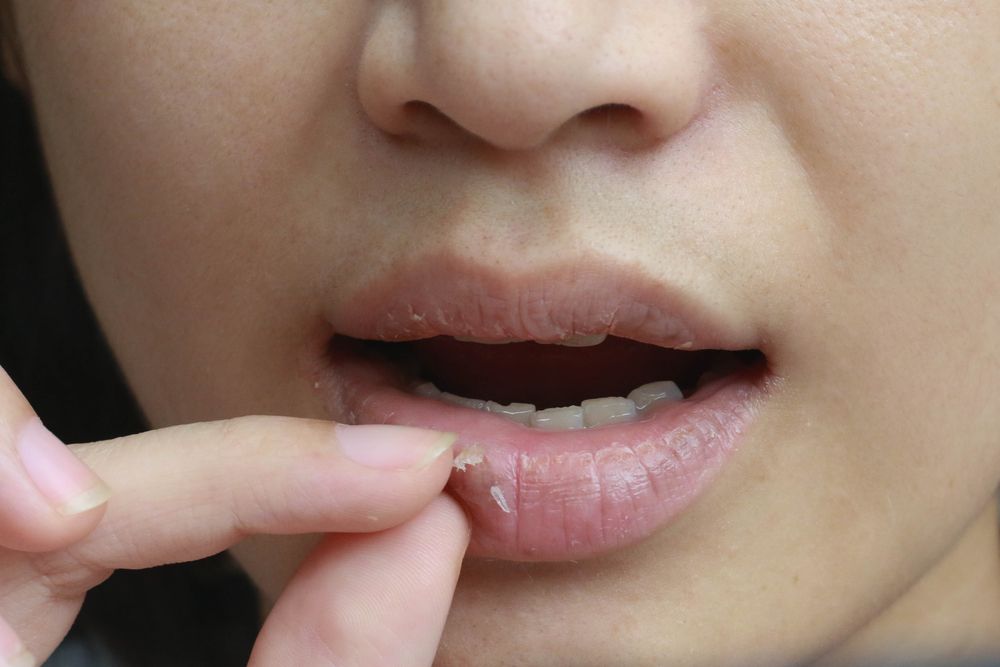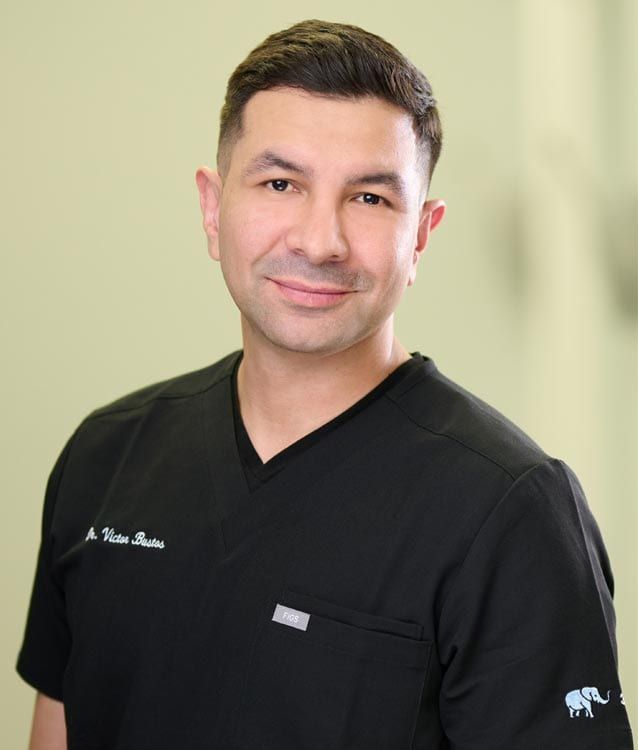The modern dentist understands that their job is about more than just good oral health. Communication with their patients, understanding their concerns, and addressing any specific difficulties regarding oral healthcare are necessary. Most importantly, perhaps, is finding effective ways to discuss potential treatments with patients—the effectiveness of each treatment, along with its cost, potential outcome, and suitability. Emotional dentistry is essential to ensuring a positive experience for all involved.
The Modern Movement To Emotional Dentistry
Emotional dentistry is a new approach to providing dental care for patients in the modern environment. It’s founded in the concept of emotional intelligence and requires empathy on the part of the dentist and understanding and regulating the emotions of their patients. This process builds trust between the dentist and patients like you when properly applied. It also ensures that your visit to the dentist will be a positive one. You’ll leave knowing that your concerns have been heard, your feelings respected, and that you played an active role in developing the treatment plan.
Situations where emotional dentistry can be helpful include:
- Patients are refusing to complete essential operations
- Patients with odontophobia
- Working with younger patients
- Patients showing violent tendencies
These represent just a small selection of cases where emotional dentistry may be helpful. Each represents a point of high emotion, anxiety, and a need for understanding. Responding to them effectively requires that both patient and dentist engage in the following:
- Active Listening: Active listening is a technique focused on helping the speaker know that they have been heard without judgment. Your dentist will use this technique to help you express your concerns and the details of your condition. This practice is done to help you feel at ease with both diagnoses. It also helps you understand the therapies suggested in treating your concern.
- Intrapersonal Skills – Assertiveness, accountability, and self-motivation help improve communication between you and your dentist. This practice requires that both sides maintain their emotions to instill confidence and improve the results of their office visit.
- Interpersonal Skills – Interpersonal skills involve working with people from different backgrounds and personalities. Healthy relationships are formed using proactivity, empathy, and respect.
These elements combine to create a more positive patient experience at the clinic. Improving communication, building respect, and practicing empathy all ensure that you’ll have a better experience during your next visit to the dental office.
Moving On From Traditional Practices
Analytical dentistry was the primary form of practice in previous generations. There was an emphasis on avoiding making emotional decisions by practicing detached logic. This practice led to a circumstance where dentists often overlooked the patients’ emotions and feelings. Unfortunately, educating the patient was significantly more difficult under these circumstances. Emotional dentistry makes it possible to ease a patient’s concerns by ensuring they feel heard and providing them with information that is both factual and can ease their worries. Reach out to your dentist today to learn how they use emotional dentistry in their practice.
The modern dentist understands that their job is about more than just good oral health. Communication with their patients, understanding their concerns, and addressing any specific difficulties regarding oral healthcare are necessary. Most importantly, perhaps, is finding effective ways to discuss potential treatments with patients—the effectiveness of each treatment, along with its cost, potential outcome, and suitability. Emotional dentistry is essential to ensuring a positive experience for all involved.
The Modern Movement To Emotional Dentistry
Emotional dentistry is a new approach to providing dental care for patients in the modern environment. It’s founded in the concept of emotional intelligence and requires empathy on the part of the dentist and understanding and regulating the emotions of their patients. This process builds trust between the dentist and patients like you when properly applied. It also ensures that your visit to the dentist will be a positive one. You’ll leave knowing that your concerns have been heard, your feelings respected, and that you played an active role in developing the treatment plan.
Situations where emotional dentistry can be helpful include:
- Patients are refusing to complete essential operations
- Patients with odontophobia
- Working with younger patients
- Patients showing violent tendencies
These represent just a small selection of cases where emotional dentistry may be helpful. Each represents a point of high emotion, anxiety, and a need for understanding. Responding to them effectively requires that both patient and dentist engage in the following:
- Active Listening: Active listening is a technique focused on helping the speaker know that they have been heard without judgment. Your dentist will use this technique to help you express your concerns and the details of your condition. This practice is done to help you feel at ease with both diagnoses. It also helps you understand the therapies suggested in treating your concern.
- Intrapersonal Skills – Assertiveness, accountability, and self-motivation help improve communication between you and your dentist. This practice requires that both sides maintain their emotions to instill confidence and improve the results of their office visit.
- Interpersonal Skills – Interpersonal skills involve working with people from different backgrounds and personalities. Healthy relationships are formed using proactivity, empathy, and respect.
These elements combine to create a more positive patient experience at the clinic. Improving communication, building respect, and practicing empathy all ensure that you’ll have a better experience during your next visit to the dental office.
Moving On From Traditional Practices
Analytical dentistry was the primary form of practice in previous generations. There was an emphasis on avoiding making emotional decisions by practicing detached logic. This practice led to a circumstance where dentists often overlooked the patients’ emotions and feelings. Unfortunately, educating the patient was significantly more difficult under these circumstances. Emotional dentistry makes it possible to ease a patient’s concerns by ensuring they feel heard and providing them with information that is both factual and can ease their worries. Reach out to your dentist today to learn how they use emotional dentistry in their practice.






